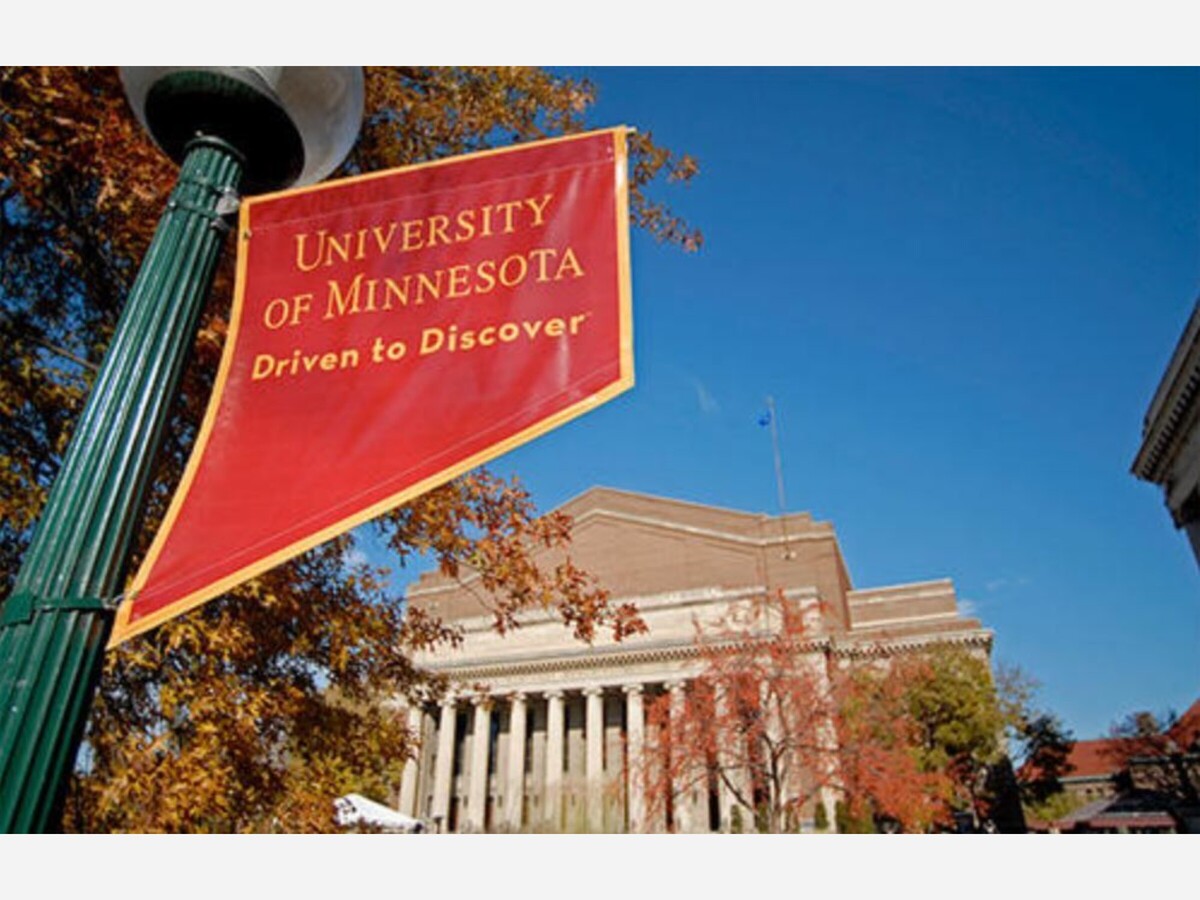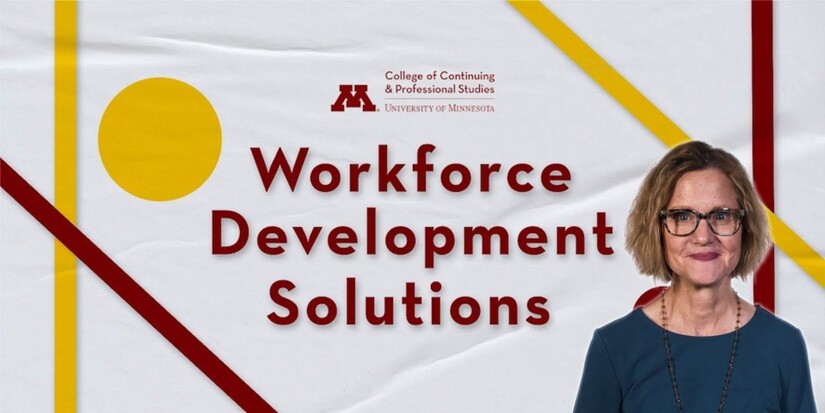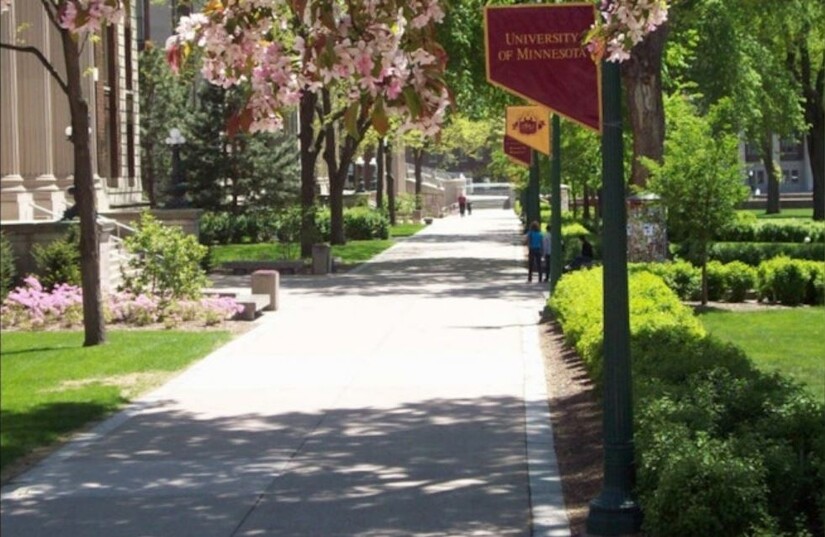Image


The Board of Regents at the University of Minnesota is taking a proactive stance in securing state funding for 2025, highlighting potential partnership opportunities meant to propel the state's educational, research, and community collaboration initiatives. As reported by twin-cities.umn.edu, Janie Mayeron, the Board Chair, stressed the importance of the request as something that would "strengthen Minnesota, through our five campuses to communities across Minnesota’s 87 counties."
During their September meeting, U of M leaders presented a funding blueprint meant to not just deliver but also enhance the student experience, with a drive for economic growth through research and to advance health and well-being across the state. The detailed request includes a bid for $120 million to support workforce development and community partnerships, an appeal for $30 million to bolster academic support and mental health services, and $40 million aimed at intensifying research in strategic sectors.

The alignment between the University and the state's needs seems clear as the Regents also discussed the need for investments in educating the healthcare workforce, with an emphasis on Greater Minnesota and Indigenous communities. It's a timely conversation, given Minnesota's reputation as a beacon of health, though the state and University acknowledge the necessity to continue improving health outcomes for all its residents.
Apart from these requests, the University's Board also approved their 2025 state capital request, which relies heavily on the Higher Education Asset Preservation and Replacement (HEAPR) investments. This decision leans on recognizing the critical state of the University's facilities, some of which, according to the Board, have been left in poor or critical condition due to a historic lack of state maintenance investment.

With the next Board of Regents meeting scheduled for December, the University appears to be setting the stage for comprehensive discussions with state partners. The goal is not simply to nurture but to grow the 170-year-old allegiance to the future of education and innovation in Minnesota.
SOURCE: hoodline